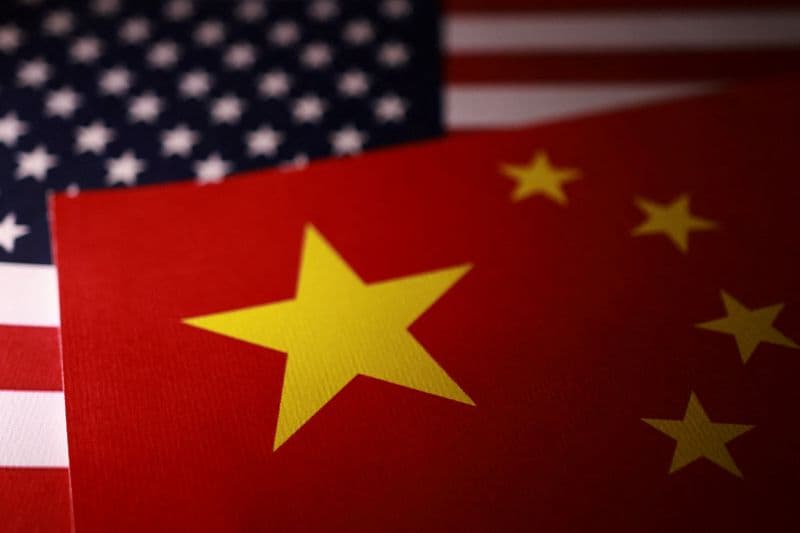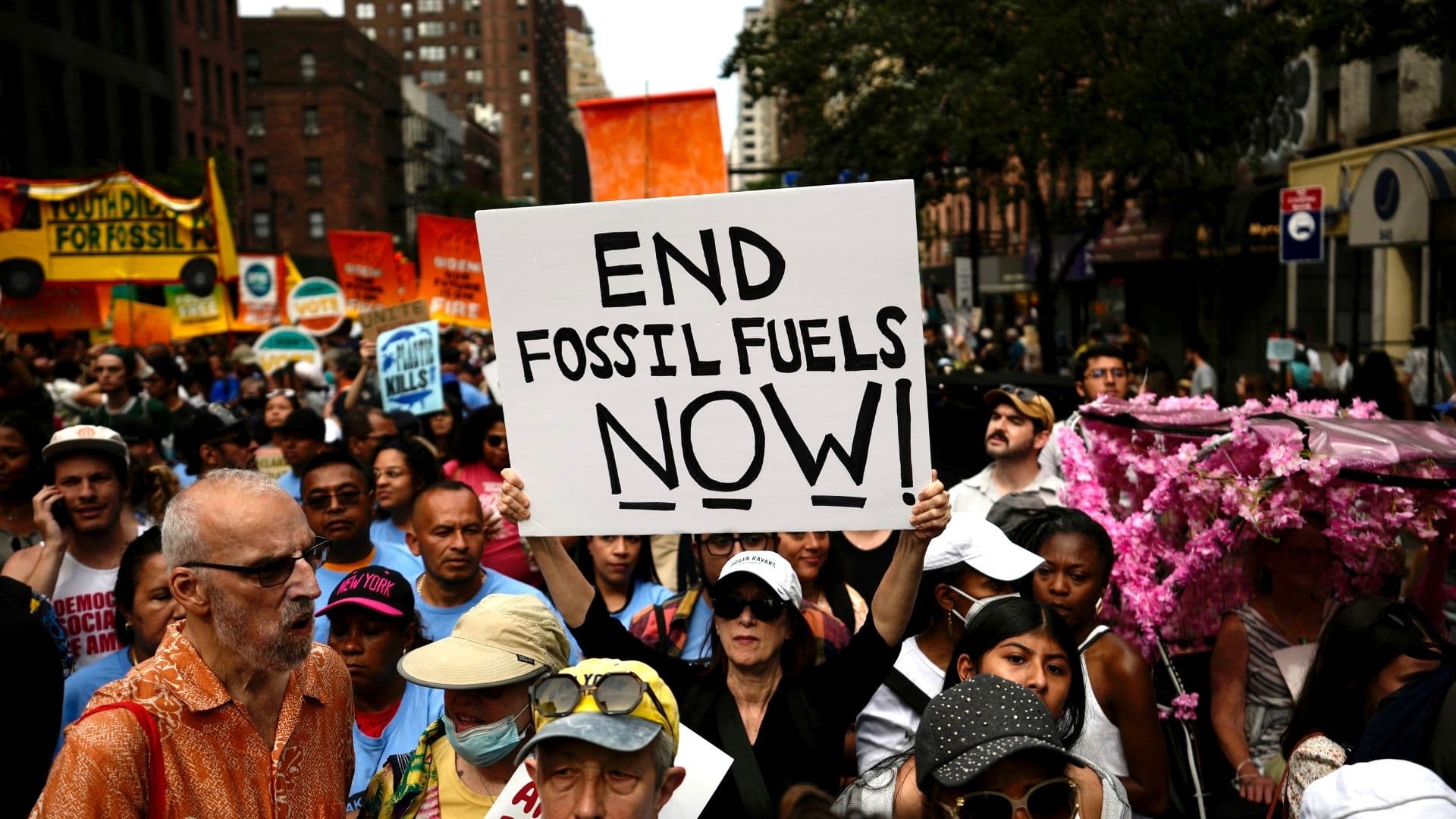IMF Warns G20 Growth Slows, Protectionism Threatens Recovery
The International Monetary Fund told G20 leaders that the medium term growth outlook has weakened to its lowest level since the 2009 financial crisis, projecting global G20 growth of about 2.9 percent by 2030. The warning matters because slower expansion, elevated inflation and rising trade barriers could leave policymakers with fewer tools to support jobs and investment while financial markets face higher volatility.

The International Monetary Fund delivered a stark assessment to G20 leaders on November 19, 2025, saying the group’s medium term growth outlook has deteriorated to the weakest pace since the 2009 financial crisis. The IMF projected G20 output growth of roughly 3.2 percent in 2025, slowing to 3.0 percent in 2026, and settling around 2.9 percent by 2030. Those projections mark a sustained downgrade to potential expansion at a time when headline inflation remains elevated across many economies.
The report singled out rising protectionism, policy uncertainty, ageing populations in advanced economies and stretched public finances as the principal drags on future growth. It urged clearer, cooperative trade policies and cautioned that recent tariff increases and trade frictions represent material downside risks to the outlook. The IMF also highlighted that U.S. core inflation is not expected to return to the Federal Reserve’s 2 percent target until 2027, reinforcing a window in which central banks may be forced to keep policy rates higher for longer.
Slower growth in the G20 has immediate market implications. Persistently elevated inflation combined with weakened potential output tends to raise real interest rates and compress risk premia, pressuring equities and increasing borrowing costs for governments and firms. For emerging market economies that rely on trade and capital inflows, a more protectionist global environment could erode export demand and amplify currency and credit stresses. Investors will likely price in greater uncertainty until trade policies are clarified and inflation shows a clear downward trajectory.
For policymakers the IMF’s prescription amounts to a two track approach. Near term, the priority is to guard against self inflected trade damage through cooperation on tariffs and dispute resolution, while allowing monetary policy to focus on stabilizing inflation expectations. Over the longer term, the emphasis should shift to structural reforms that lift productivity, address demographic headwinds and rebuild fiscal buffers. With public finances described as stretched, scope for large countercyclical fiscal packages is limited in many advanced economies, making targeted investment in productivity enhancing areas such as technology, education and climate resilient infrastructure more critical.
The IMF assessment reinforces a broader shift in the global growth narrative. The post pandemic rebound in trade and investment has lost momentum as geopolitical tensions and domestic political cycles have produced episodic waves of protectionist measures. Demographic trends in advanced economies are also lowering labor supply growth and hence potential GDP, while productivity gains have been uneven across sectors and countries.
The policy choices at the G20 will matter for the next decade. Clearer trade rules and coordinated steps to reduce policy uncertainty can help restore cross border investment and supply chain resilience. Failure to do so risks a prolonged period of subdued growth, higher inflation persistence and greater financial market volatility, outcomes that would constrain living standards and complicate sovereign debt dynamics for years to come.

